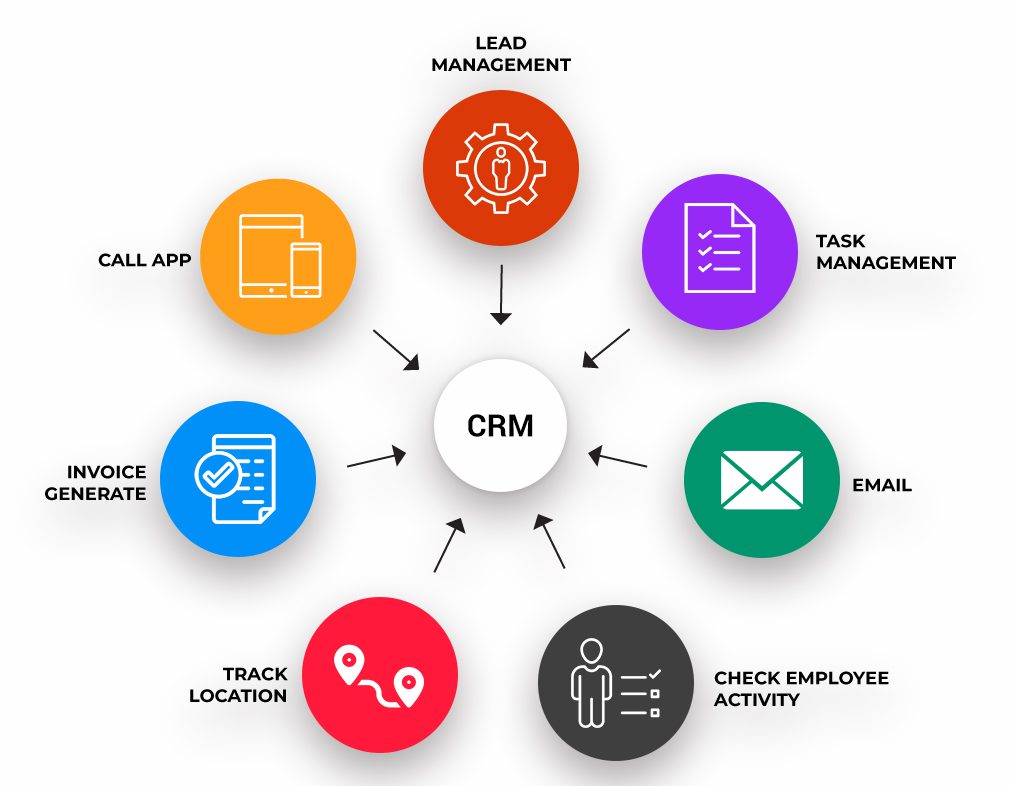Determining the best CRM software is a crucial decision for companies striving to enhance the customer relationships and refine operations. With a plethora of options available, it can be daunting to decide which software truly fulfills the distinct needs of your organization. Industry professionals stress the importance of evaluating not only the attributes and functionalities but also how well the software aligns with your business aims and procedures.
In this resource, we will discuss key takeaways and factors that will help you navigate the decision-making process. From understanding your exact requirements to factoring in scalability and integration capabilities, we will offer you with a roadmap to make an wise decision. By drawing on professional advice, you'll be better ready to select a CRM solution that not only improves effectiveness but also cultivates solid customer relationships.

Main Characteristics of CRM Software
One of the most important features of Customer Relationship Management software is customer management. This functionality allows businesses to store and arrange customer information in an simple way. By having a complete database of contacts, teams can observe interactions, handle relationships, and gain insights into customer behavior. This enables teams to provide tailored experiences, ensuring that each customer feels appreciated and acknowledged.
Another important element is lead management. dynamicdigitalsolutions.com.au helps companies follow potential clients from preliminary contact to closure. By using prospect scoring and segmentation, CRM software helps order leads based on their likelihood to purchase. This organized approach not only boosts sales efficiency but also enables staff to customize their outreach strategies, boosting the odds of securing deals.
Finally, connectivity with additional tools is important for effective CRM software. The ability to integrate with promotional platforms, email services, and project management systems ensures that every element of client interactions are smooth. This connection facilitates seamless data sharing, enhancing collaboration across units and providing a holistic view of the customer journey. As a result, organizations can make smarter decisions and increase their general customer engagement.
Expert Recommendations
When picking CRM software, specialists emphasize the cruciality of evaluating your specific business needs. Diverse organizations have distinct requirements that can greatly impact their choice of CRM. Start by identifying the capabilities that are vital for your operations, such as customer relationship management, sales automation, or customer support tools. Having a clear understanding of what you need will assist you limit your options and avoid unnecessary complications later on.
Another important aspect to take into account is usability and design. Several specialists recommend choosing a CRM that is user-friendly and navigable for all team members. A straightforward interface not only improves adoption rates but also guarantees that your team can efficiently utilize the software's features. Allocate the time to obtain demos and engage key stakeholders in the evaluation process to make sure that the selected CRM meets the usability expectations of everyone who will be operating it.
Lastly, consider the expansibility and integration capabilities of the CRM system. As your business grows, your CRM should be able to evolve and expand with your evolving needs. Professionals suggest looking for solutions that offer adaptability to incorporate functionalities or combine with existing tools and systems seamlessly. This will aid you future-proof your investment and safeguard your operational efficiency as your business changes.
Common Pitfalls to Steer Clear Of
One common pitfall when selecting CRM software is not to engage all relevant stakeholders in the decision-making process. Frequently, organizations may rely solely on the IT department or management to select a CRM solution, neglecting the input of sales, marketing, and customer service teams. These users will ultimately engage with the software on a regular basis, and their insights into what capabilities and functionalities are critical can greatly influence the success of the implementation.
Another pitfall is underestimating the significance of integration features. Many organizations overlook how well the CRM software will integrate with existing tools and systems. A CRM that does not connect smoothly with other software solutions used by the company can lead to data silos and problems. It is crucial to assess how the CRM fits within the overall technology ecosystem to ensure efficient workflows and data sharing.
Finally, organizations often become distracted in choosing a CRM based on attractive features rather than prioritizing on user experience and ease of use. A complex system with many capabilities may seem appealing, but if the end-users find it difficult to use, it could lead to annoyance and lowered productivity. Prioritizing a solution that combines robust features with an intuitive interface will help ensure higher user contentment and a smoother transition.
